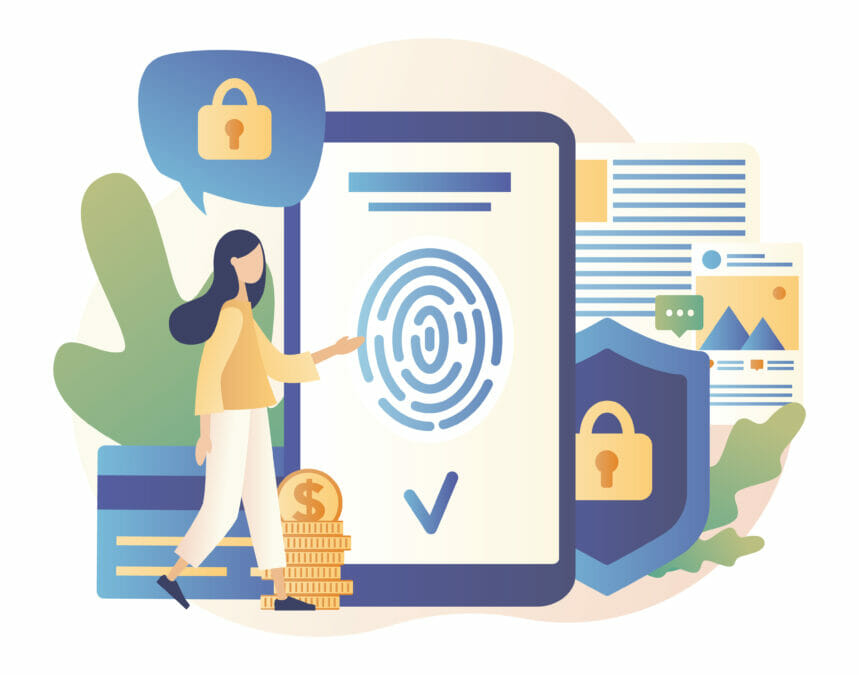Digital transformation has become a buzzword over the past year, with most businesses having to quickly transition from offline to online to keep up with the pace of change in consumer behaviour caused by the pandemic. While initially driven by the limits placed on people around social distancing, today’s modern customer has become very attached to the near instant gratification of receiving products or services at the click of a button. The phenomenon has taken the ‘age of convenience’ to the next level in terms of customer experience.
Initially heralded as a solution to online fraud prevention – an activity predicted by Accenture to cost businesses $5.2 trillion over the next five years – digital identity technology was seen mainly as a back end element for the revenue side of an organisation. Indeed, the need to protect from financial loss is very important but this was only one part of the puzzle as businesses started to recognise that the technology had much more to give than just identifying bad actors. On the other side of the cyber criminal is the customer who, while often protected financially by a company’s banking policy, was being sold short in the experience department. Fraud might not have always hit consumers in their pockets, but it was leaving them short-changed in other ways that businesses were now putting a price on. Online authentication was becoming increasingly important overall as a strategic business differentiator.
With better security comes increased trust and that has seen more and more people become very comfortable transacting online – particularly through mobiles. The most adept also accept there may be certain hoops they need to jump through to gain access to the convenience online brings; things like two-factor authentication, form filling to register for services and email verification. But there are many who are put off, who abandon transactions at the first or second hurdle. Near instant gratification is not enough for them. They want instant gratification.
On the flip side, every abandoned transaction costs a company a potential sale. Worse still, it could also destroy a reputation and certainly drive customers elsewhere. Digital identification and authentication needs to become more streamlined for these consumers. The answer is in the palm of their (or rather their customers’) hands: the mobile phone.
The security implications of Apple’s latest iOS update
Mobile identity – the process of verifying a user’s identity through their mobile device, using session data securely held by a person’s mobile phone service provider, is the gold standard of authentication. It verifies users’ identities through different means, including: Silent Mobile Verification (SMV), Know Your Customer (KYC), SIM Swap Detection and Instant Form Filling. All of these capabilities are automatic, run in the background and checked against information of unquestionable quality.
There are several advantages of proper mobile authentication, as it continuously validates the customer’s identity throughout the entire customer journey. It also facilitates faster and more convenient onboarding with instant form filling.
At the same time, mobile authentication can ensure GDPR compliance, as authentication services are based on a user-centric approach, ensuring that neither companies nor mobile network operators, learn anything new about the end-user, apart from the information they already hold.
With consumer needs continually evolving and people shopping or interacting on mobile devices, social networks and online marketplaces, businesses already know the value of omnichannel and meeting customers where they are. Putting efforts into providing a friction-free, connected and contextual framework around this new modular end-user experience is the basis for creating satisfied customers that keep coming back for more. Security can now take its rightful place in the recipe for customer journey success in more ways than one.








